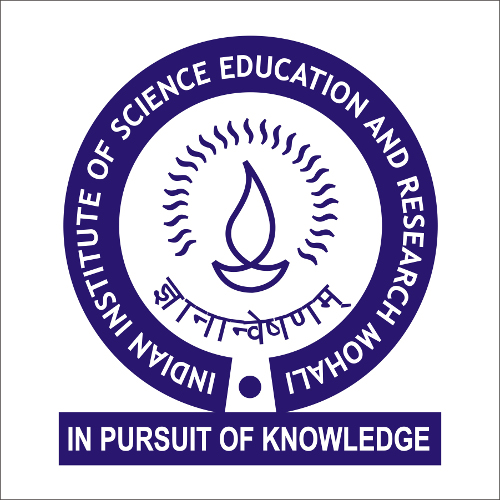Forthcoming Events
Role of Flow-Induced Reprogramming in ECs in the Pathophysiology of Cardiometabolic Diseases
Dr. Bal Krishna Chaube, Associate Research Scientist, Yale University School of Medicine, USA
Location : Online
Abstract: The global prevalence of cardiometabolic diseases, including cardiovascular diseases, diabetes, and obesity, underscores a critical need for innovative research strategies to understand and mitigate these conditions. Emerging evidence suggests that endothelial cells (ECs) play a pivotal role in the pathogenesis of these diseases, acting at the interface of metabolic and immune system dysregulation. This research plan, devised at IISER Mohali, aims to dissect the intricate mechanisms by which flow-induced reprogramming of ECs contributes to disease progression. The rationale behind this research lies in the hypothesis that EC mechanosensing of blood flow alterations-a hallmark of cardiometabolic diseases-triggers molecular changes that exacerbate inflammatory processes, thereby influencing disease severity and outcomes.
The plan proposes a comprehensive approach to examine the flow-dependent EC responses and their effects on immune cell behavior and metabolic regulation. By integrating state-of-the-art in vitro and in vivo models, gene expression analyses, and systems biology tools, this research seeks to uncover the molecular underpinnings of EC dysfunction in cardiometabolic diseases. The expected outcomes include identifying novel biomarkers and therapeutic targets that could lead to the development of precision medicine strategies for these globally prevalent conditions.
This ambitious research endeavor not only addresses a significant gap in our understanding of EC biology but also sets the stage for translational applications that could revolutionize the management of cardiometabolic diseases. By elucidating the molecular pathways that link EC mechanosensing with systemic metabolic and immune responses, this work promises to provide new insights into disease mechanisms and pave the way for innovative treatments.
Meeting ID: 949 7457 2182
Passcode: 778552
The plan proposes a comprehensive approach to examine the flow-dependent EC responses and their effects on immune cell behavior and metabolic regulation. By integrating state-of-the-art in vitro and in vivo models, gene expression analyses, and systems biology tools, this research seeks to uncover the molecular underpinnings of EC dysfunction in cardiometabolic diseases. The expected outcomes include identifying novel biomarkers and therapeutic targets that could lead to the development of precision medicine strategies for these globally prevalent conditions.
This ambitious research endeavor not only addresses a significant gap in our understanding of EC biology but also sets the stage for translational applications that could revolutionize the management of cardiometabolic diseases. By elucidating the molecular pathways that link EC mechanosensing with systemic metabolic and immune responses, this work promises to provide new insights into disease mechanisms and pave the way for innovative treatments.
Meeting ID: 949 7457 2182
Passcode: 778552

